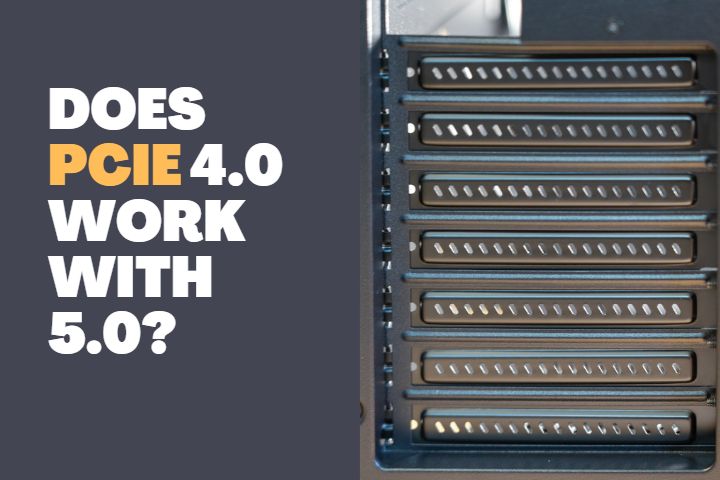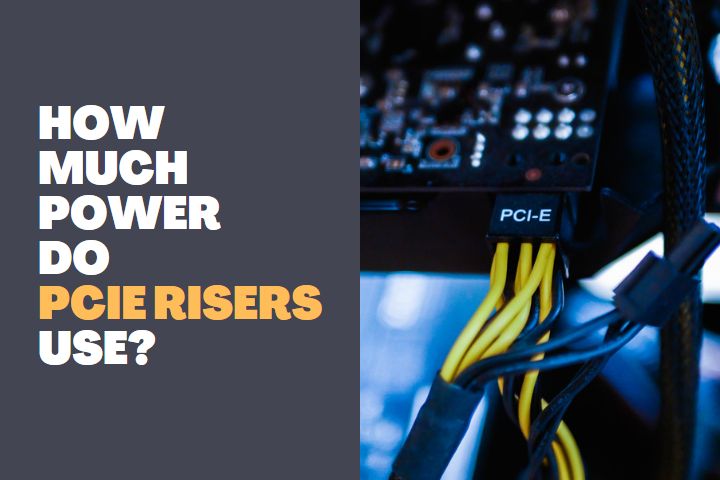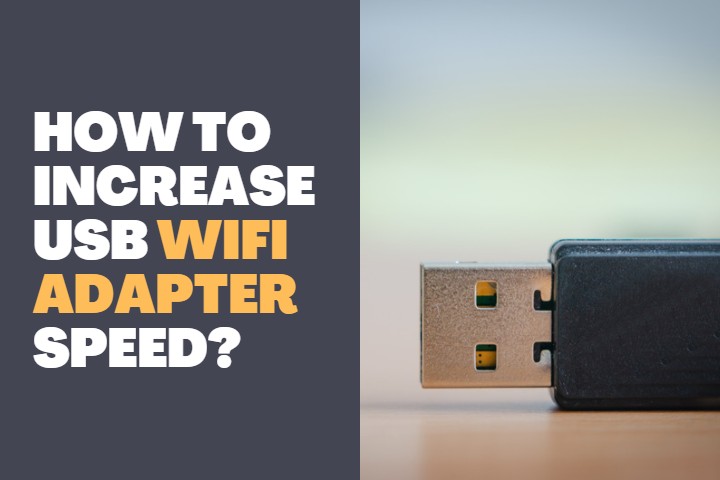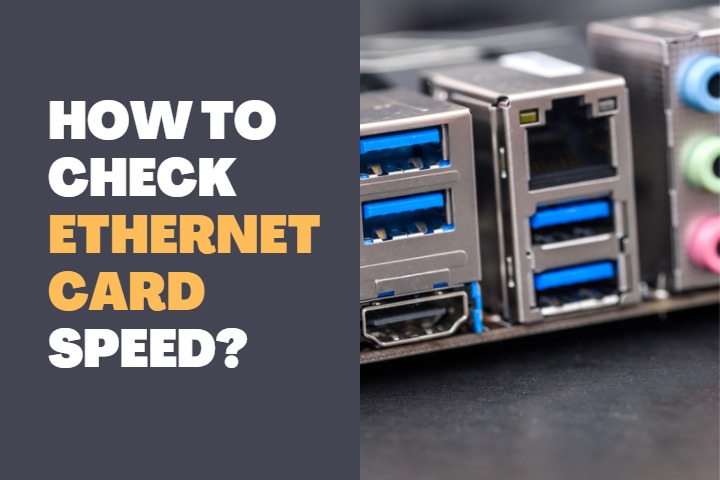Audio quality has improved significantly over the years. The sound technology has achieved a lot in terms of better signal processing to produce a cleaner output along with surround and true HD sound.
In PCs, sound cards are the audio processing hardware that is either built-in with the motherboard or you can have a dedicated card. You can also make use of USB sound cards instead of them. But do USB sound cards improve sound quality?

Does USB Sound card improve sound quality?
Yes, USB sound cards can improve sound quality but if you aren’t an audiophile, you may not notice the difference. Modern integrated sound cards in the motherboard are so good and you probably will not find out the subtle differences in output quality when using an external USB sound card.
Nowadays both types of cards are equally good but if you are into music production, then a USB card might be the best option.
When you can make use of the onboard sound card then what is the purpose of a USB sound card? Here are the top reasons why you need to go for a USB sound card.
Multiple Audio Devices and Instrument Connectivity
The major disadvantage of an onboard sound card is the number of audio jacks and the type of jacks. Most of the time you only get a 3.5mm jack for headphones and microphones which might not be suitable or sufficient for all users.
Especially when it comes to content creators or music producers, tend to connect high-quality condenser microphones, musical instruments, etc. which requires several jacks. With a single 3.5mm jack, you cannot connect multiple devices.
So, a USB sound card provides you with multiple ports with which you can connect several instruments and audio accessories.
Low White Noise from Interference
When you are using a sound card inside the motherboard, there are high chances of interference from the adjacent hardware. Since sound card deals with audio signals, this interference can easily affect the audio quality with a lot of white noise in the background.
But with a USB card, you can avoid this white noise issue and get a clean audio quality. Since the card is completely outside the motherboard, there will not be any interference in the audio signal.
Although onboard sound cards might use an EMI shield to block interference, it doesn’t completely avoid the noise.
Old Motherboard
If you are using an old motherboard, then there are chances for you to have a poor sound card or no sound card at all. In such cases, instead of installing a dedicated PCIe sound card, you can go for a USB sound card which is much better.
The PCIe card or the poor onboard card will have the same port issue and interference issue. So, you can make use of a dedicated external sound card and get a cleaner audio quality with various ports.
Audio Input/Output control
This is one of the major benefits of using a USB sound card. You can control certain aspects of your audio input/output easily. Most of the sound cards will have gain control which enables you to adjust your sound quality as per your requirement.
Such types of controls cannot be found with onboard cards and you have to depend on the software that might do it poorly.
Better sound processing
Modern motherboards come with sophisticated DAC with integrated sound cards. But an external USB card can provide you with dedicated DAC and preamp solutions that enhance the audio output or input.
Especially these sound cards are enabled with Phantom power so that you can use condenser mics to record your voices. Also, the processing is slightly better than onboard cards.
So, if you are into music production or an audiophile, then you can go for an external USB sound card to enjoy these benefits. These are the reasons why you can seek a USB card.
Read: 3 Best Methods find that tells your sound Card
Pros and Cons of Using Sound Card
Pros
- USB sound cards have several ports to connect multiple audio accessories, devices, and musical instruments.
- It has a dedicated DAC and other hardware to process the sound better than any other card.
- It is a preamp for input devices like microphones and with the help of phantom power you can connect high-quality condenser mics
- You will have jacks to connect XLR cables which is great for microphones and musical instruments.
- They avoid interference and don’t produce any white noise in the background.
- You can have slightly better quality than onboard cards.
Cons
- Can be costlier to afford and the cheaper ones can be poor
- The quality difference is not very distinct
- Requires dedicated software for controls
- Utilizes a USB port
- Not suitable for all users
Unless you have a specific need for a USB sound card, it is not worth buying one for normal usage. Even if you are simply a gamer and don’t do live streams, the onboard card is more than enough to get high-quality audio.
USB Sound Card vs Onboard Sound Card
| USB Sound Card | Onboard Sound Card |
|---|---|
| Connects via USB port | Integrated with the motherboard or uses a PCIe slot |
| Has multiple ports for multiple device connectivity | Has only two ports for headphone and microphone connectivity |
| Phantom power available for condenser mics | Phantom power may not be available |
| Has audio control dials and buttons on the device | Doesn’t have any physical buttons to control audio input and output |
| Avoids interference | Interference is imminent and causes white noise |
| Prices may not be affordable | No need to buy separately since it comes with the motherboard |
These are the major differences between the USB sound card and the onboard integrated sound cards in your PC.
Conclusion
The use of USB sound cards is only for a specific set of people and not for all. Modern motherboard cards can produce impressive audio output and their DAC processing capacities have increased a lot lately. So, unless there is a need for music production or content creation, you don’t have to get one.







